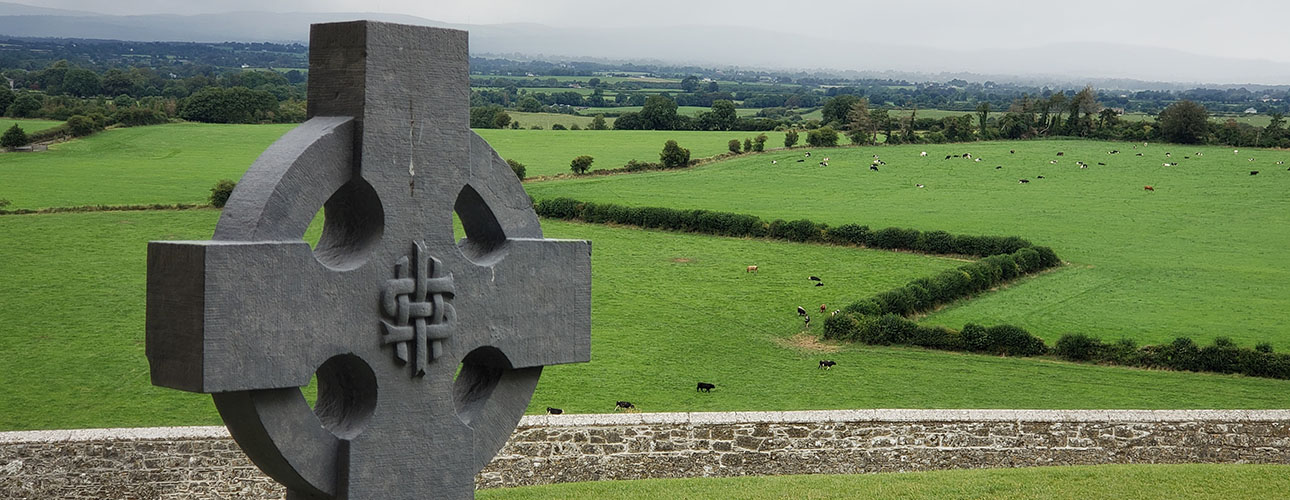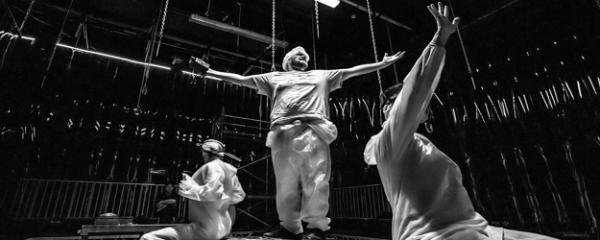Language is ever-evolving over time, both in its use and in how it relates to our understanding of the past. The Electronic Dictionary of the Irish Language is a historical dictionary that reveals the development of the language over a millennium. Researchers at Queen’s carried out extensive research to revise, update and curate the electronic Dictionary. In doing so they have achieved substantial reach well beyond the academic audience for which it was originally designed.
Research Challenge
THE EVOLVING NATURE OF IRISH LANGUAGE
The Electronic Dictionary of the Irish Language is a fundamental resource for the study of medieval Gaelic. It is a historical dictionary covering the period c.700-c.1600.
By 2007, the publication of new scholarly editions of texts, together with advances in our understanding of the medieval language, meant that the original Dictionary was in serious need of revision.
Our Approach
EXPLORING AND PRESERVING THE LANGUAGE OF MEDIEVAL IRELAND
Between 2007 and 2013 a team of researchers at Queen’s gathered insights from an exhaustive search of secondary material undertaking research into a further 1375 entries as well as editing the entire collection of over 4000 entries. As a result of this research, a new edition of the electronic Dictionary was published online in 2013.
Subsequently, a further five year project from 2014 to 2019 was launched with the aim of examining recent editions of book-length primary sources in order to further progress the range and quality of entries. This project produced a further 4000 revisions to the Dictionary, including hundreds of new entries, many for words which had been overlooked previously.
By providing the most up-to-date scholarship to users in a readily searchable format, it has enabled research to be conducted on a more secure foundation than ever before, and has made the results of current research generally available to a wide range of related disciplines.
What impact did it make?
The Dictionary has enabled researchers, archivists, journalists, students and the public to engage with the historical language in innovative, non-linear ways, and its rich content offers unique and surprising insights into the worldview of the people of medieval Ireland.
The online dictionary has now superseded the print version and has had nearly 3.4 million page views since November 2015. It is an indispensable guide for scholars working on Gaelic literature and its language and is arguably the most frequently cited source in the discipline.
By providing the most up-to-date scholarship to users in a readily searchable format, it has enabled research to be conducted on a more secure foundation than ever before and has made the results of current research generally available to a wide range of related disciplines.
An ancillary publication aimed at a non-academic audience, ‘A history of Ireland in 100 words’ published in 2019, has sold over 6,000 copies in hardback and was nominated for the Irish Book Awards. This book builds on the contents of the Dictionary to provide a more detailed and sustained account of selected words in the Irish language relating to key concepts. Helping to shed light on previously neglected aspects of daily life during this period, by including terms related to everyday activities and objects, such as washing practices, dancing and clothing.
Our impact
Impact related to the UN Sustainable Development Goals
Learn more about Queen’s University’s commitment to nurturing a culture of sustainability and achieving the Sustainable Development Goals (SDGs) through research and education.







